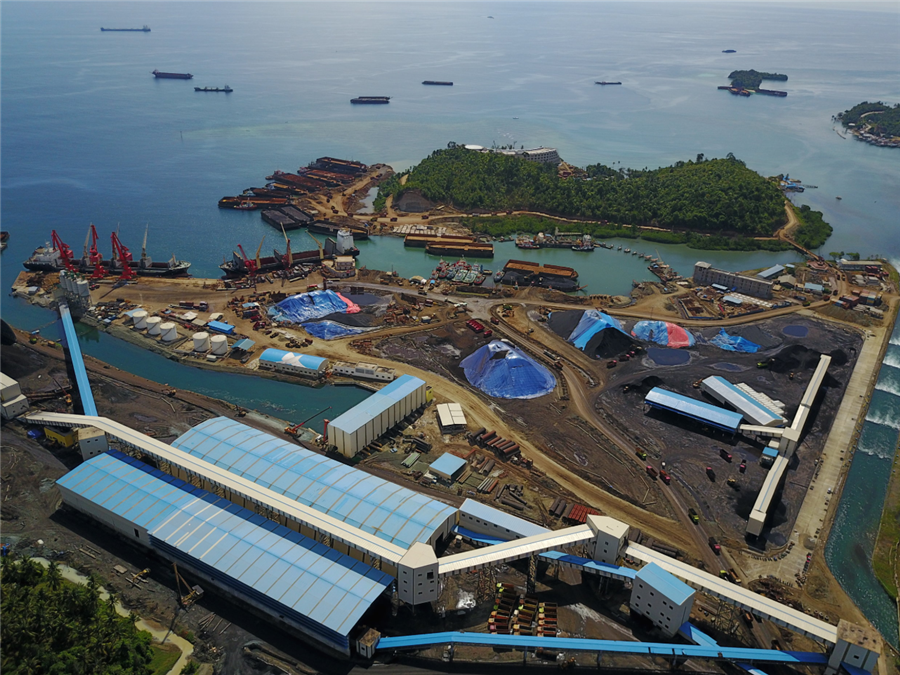Indonesia will not approve any new mining quotas for 2023

Top nickel producer Indonesia will not approve any new mining output quotas this year, government official Septian Hario Seto told Reuters, a move likely to further tighten supplies of nickel ore.
Indonesia’s mining quota distribution has already been delayed after the government reverted to an older approval process due to an ongoing investigation into illegal mining.
Prices of nickel ore in Indonesia have surged in recent weeks, local buyers say, with production affected by the delayed quotas, known locally as RKAB.
Septian, a deputy minister in Indonesia’s Coordinating Ministry for Maritime Affairs and Investment, said a new mining quota application system will be available to nickel miners from October and applications can be filed from November.
The government will then start processing quotas for 2024, Septian said on the sidelines of a Fastmarkets battery raw materials conference in Amsterdam.
The deputy minister acknowledged some plants in Indonesia have curbed and even suspended production due to a lack of nickel ore. About two-thirds of global nickel supplies are used to make stainless steel, and its use in electric vehicle batteries is growing fast.
Indonesia’s Attorney General’s Office is investigating a former senior mining official, alleging his easing of a quota approval process led to illegal activities that led to 5.7 trillion rupiah ($372.84 million) of state losses.
Under the RKAB, Indonesian authorities allocate each miner’s production and sales quota every year, which can be revised when they need more.
The government in May announced plans to launch a nickel price index by the end of 2023 to avoid market volatility linked to the London Metal Exchange pricing benchmark, which needs to be in place before it goes ahead with an export levy on nickel products.
Septian told Reuters an announcement on the index will come in November. He had previously said it could consist of nickel pig iron, mixed hydroxide precipitate and possibly nickel matte prices.
Indonesia exported 450,000 metric tons of nickel in the second quarter of this year, or 53% of global supply, according to Macquarie.
(By Julian Luk and Pratima Desai; Editing by Jan Harvey)
{{ commodity.name }}
{{ post.title }}
{{ post.date }}




Comments